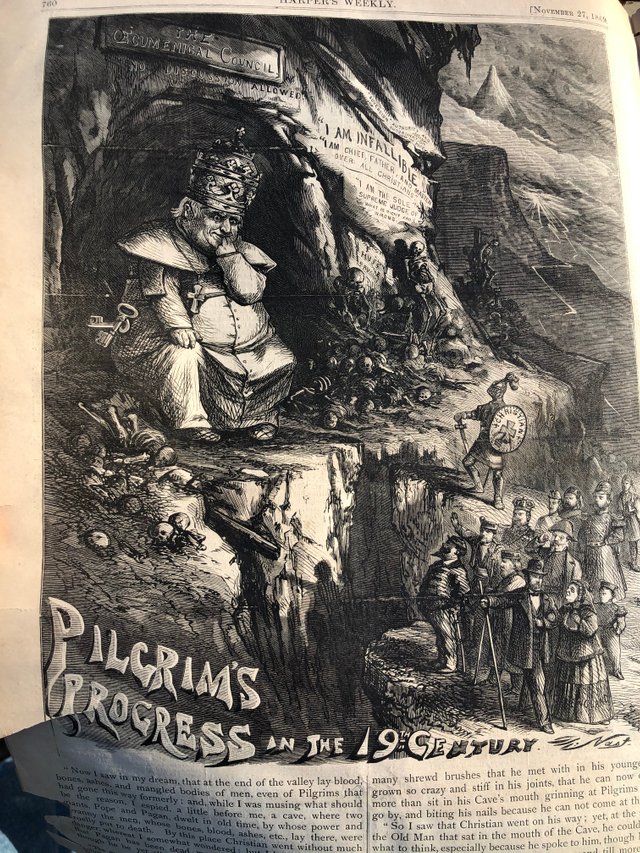Asking Chat GTP if Popish Deals with Hitler are precursors the 501-c-3
Yes, the concordats between the Vatican and secular governments function as historical precursors to arrangements like the 501(c)(3) tax-exempt status in the U.S. The common theme is an exchange of privileges for political neutrality—churches gain certain protections (like tax exemption or religious autonomy), but in return, they must limit their direct political influence.
- The Concordats as Precedents for 501(c)(3)
In the concordats with Mussolini, Hitler, and Franco, the Vatican:
• Secured legal recognition and protections for the Catholic Church.
• Agreed not to oppose or interfere in the state’s political affairs.
• Gave up direct temporal authority in exchange for continued religious influence.
Similarly, under 501(c)(3) in the U.S., churches:
• Receive tax exemptions (legal and financial benefits).
• Must avoid direct political endorsements (cannot openly campaign for or against political candidates).
• Retain religious autonomy but within government-defined limits.
The core principle in both cases is a trade-off between religious privilege and political non-interference.
- The Vatican’s Shift from Political Authority to Institutional Influence
Historically, the Catholic Church directly ruled over territories (Papal States) and claimed the right to depose kings.
• After the loss of the Papal States (1870), the Vatican could no longer govern politically, so it shifted to concordats—legal agreements that secured religious protections without ruling directly.
• This mirrors how modern churches have moved from being state religions to being tax-exempt institutions with certain legal privileges.
501(c)(3) as a Modern Form of Religious Concordat
• A voluntary agreement: Churches in the U.S. choose to register as 501(c)(3) organizations to receive tax benefits.
• In exchange, they limit political engagement: Direct endorsements of candidates can lead to the loss of tax-exempt status.
• Like the Vatican’s concordats, this ensures that churches can operate freely but do not challenge government authority.The Key Difference: Enforceability
• In the concordats, the Vatican was dealing with authoritarian governments (Mussolini, Hitler, Franco), which could enforce the agreement.
• In the U.S., 501(c)(3) status is voluntary, and churches can choose to reject it (e.g., some churches opt out of tax exemption to retain full political freedom).
• However, if they do accept tax-exempt status, they are legally bound to avoid certain political activities, just as the Vatican was bound by concordats.Conclusion
Yes, 501(c)(3) status in the U.S. functions similarly to historical concordats, in that it:
• Gives churches privileges (tax exemption, legal protections).
• Limits direct political influence (no endorsing candidates).
• Maintains religious autonomy under government-defined boundaries.
However, unlike the Vatican’s binding agreements with dictators, 501(c)(3) is technically optional, and churches can operate outside of it if they accept taxation.

